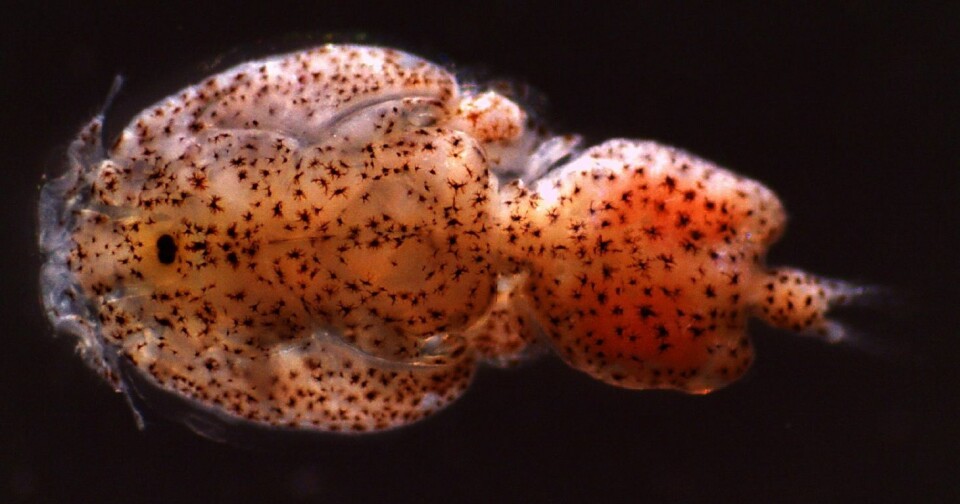
Anglo-Chilean lice research launched
Plymouth University and the Universidad de Chile are leading a new research project to investigate how mucous levels, associated bacteria and aquafeed ingredients can impact infestation of sea lice on farmed salmon.
The 2-year project will bring together experts across biotechnology, microbiology, immunology and pathology to study the effect that the lice have upon salmons’ skin and gut defences, and the way it hampers physiological processes and their ability to withstand other infections.
Funded by a £385,000 grant from the Biotechnology and Biological Sciences Research Council, and the Chilean government (CONICYT), the project will identify the factors involved in determining salmon susceptibility to lice in order to develop effective measures to address this increasingly global issue, one that costs the UK aquaculture sector alone more than £20 million and the Chilean aquaculture industry in excess of US$120 million per year.
Plymouth academics will work with colleagues at the Universities of Aberdeen (Professor Sam Martin – salmon genomics and gene expression), Glasgow (Dr Martin Llewellyn – louse gene expression, microbiology), Heriot Watt (Dr Ted Henry – fish pathology), and the Universidad de Chile (Dr Jaime Romero- microbiology) and key industrial partners including BioMar, Lallemand and Veterquimica, to examine what impact the sea lice have upon the skin mucous which forms the salmon’s first line of defence, and how it responds to that infestation.
Dr Jaime Romero said: “Our main goal is to explore the relationship between mucosal health, diet and microbiota in salmon, with knowledge then being transferred to other aquaculture species in the North African/Middle Eastern aquaculture sectors, including sea breams, European/Asian sea basses, mullets, and groupers.”
“Understanding both lice and salmon responses to infection will lead to the development of novel feed ingredients that will benefit the industry,” added Dr John Tinsley from BioMar.
The researchers will then look at the efficacy of dietary supplements on the fish’s immune system, the microbes on its skin and its ability to develop resistance to sea lice infestation – as well as investigating the impact of dietary supplements upon the lice. These findings will then be validated on a commercial farming scale to help inform suitable future treatment strategies for aquaculture to improve the salmon’s resistance to infestation.
Find out more at https://salmonlousemicrobiome.org/






















































